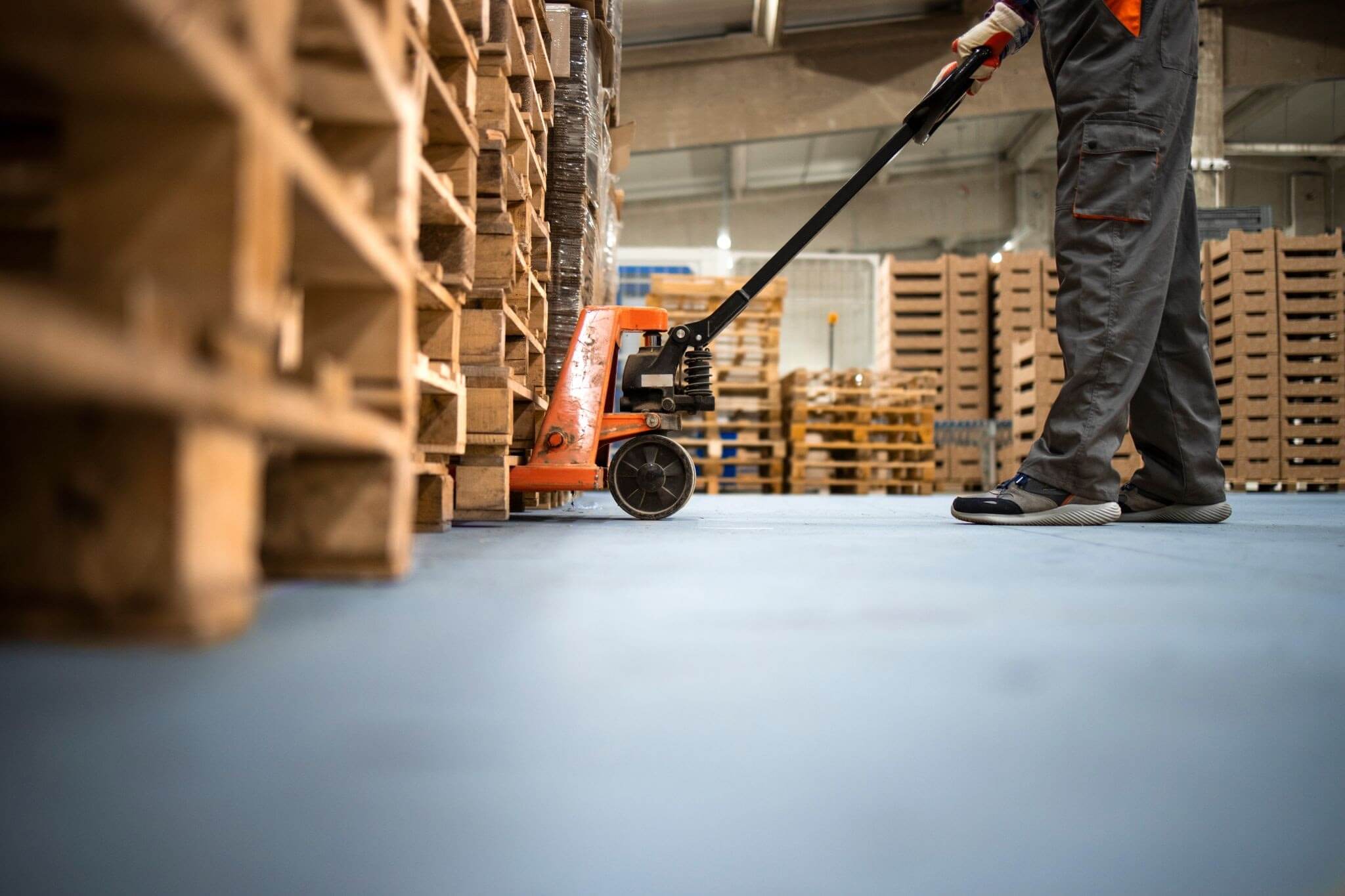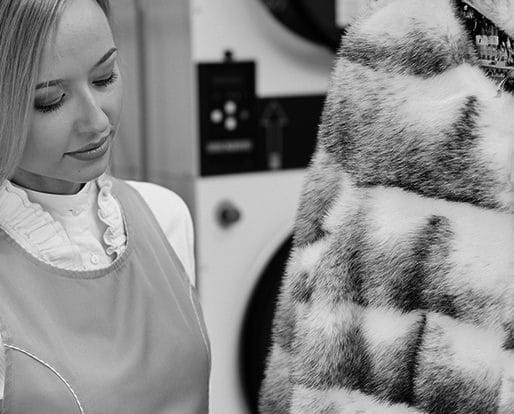Top 5 Coca Cola Logistics Basics for Vendors
Coca-Cola Enterprises (CCE) is renowned for its excellence and innovation in business logistics. However, the sheer mass of this company’s production and distribution calls for an airtight supply chain, and they’ve certainly built one.
While competitors want to gain intel to emulate Coca-Cola’s logistics tactics, vendors can also benefit from this information. As a supplier, understanding how Coca-Cola selects vendors can help you to get your foot in the door.
By leveraging your strengths that match their values in your vendor application, you may very well be their next supplier.
You can even use this information to apply to other companies.
Coca-Cola Supplier Guidelines
Coca-Cola is not only known for its dedication to sustainability, but it also participates in one of the most extensive supplier diversity programs in the nation. This program provides many opportunities for vendors of all kinds to land a supplier contract with one of the world’s most chosen brands.
However, Coca-Cola wants its suppliers to be as dedicated to ethical, environmental, and humanity standards as they are. They frequently test to see whether they are holding true to this.
The company does not leave its suppliers guessing as to how they can remain in good standing with them. They have published a detailed and concise list of supplier guidelines for all suppliers to follow.
Here are five things you should know about Coca-Cola’s logistics program if you want to partner with them.
1. Sustainability Is a Top Priority
Coca-Cola’s executives have resolved to ensure that every level of their supply chain is as sustainable as possible.
They believe that responsible businesses are just as concerned about the environment as they are about earning profits.
Here are several ways that Coca-Cola achieves this:
Aim to Reach Many of the UN Sustainability Goals by 2025
In their dedication to sustainability, Coca-Cola has adopted six of the seventeen Global Sustainable Development Goals discussed by the United Nations in 2015 for global peace and prosperity.
Aptly named Mission 2025, the Coca-Cola company is moving towards reaching its sustainability goals by 2025. The company is continuously strategizing ways to improve their supply chain management to reach these goals.
World Without Waste
One of the goals set in Mission 2025 is waste reduction. Coca-Cola is contributing to this goal by working to eliminate all unnecessary packaging from their products.
This comes from creating reusable packaging or developing new, sustainable types of packaging.
Emissions Reduction
Another sustainability goal is to reduce the amount of emissions that the Coca-Cola company and its suppliers add to the atmosphere.
Some of its branches use low-carbon technologies, such as solar panels, to power their buildings and production lines.
They are always on the lookout for renewable and clean energy sources.
Water Use Reduction
Coca-Cola has also resolved to reduce their water usage by 20% in areas where they operate bottling operations. They’re also working to secure safe water sources for these communities from which they acquire ingredients for their soft drinks.
This not only helps communities around the world but also ensures that Coca-Cola’s operation never slows down due to a water shortage.
Sourcing
Coca-Cola follows a strict set of sourcing guidelines during their planning process. The company requires suppliers to obtain a specific set of certifications to ensure that they follow the same guidelines.
Any Tier 1 suppliers must gain:
- ISO 9001 certification: Serves as quality control of their raw materials
- OHSAS 18001 certification: Checks for health and safety regulation in all suppliers production plants
- ISO 14001 certification: Ensures that suppliers follow environmentally friendly procedures
- FSSC 22000 certification: Focuses on food safety
- Global Food Safety Initiative certification: Also focuses on food safety
Why This Matter to Vendors
If you are a vendor looking to become a part of Coca-Cola’s global supply chain, you must meet its sustainability standards.
The certifications above may require some redirecting of your energy, but you must do so if you hope to partner with this Coke-producing giant.
Focus on providing a service or good that helps them reach their sustainability goals while ensuring that you follow them during the process.
Related: How to Get Certified as a DBE/Minority/Female Owned Business in Georgia
2. They Prefer Local Operations
When Coca-Cola searches for suppliers, they will always give preference to those within a certain radius of their manufacturing plants.
According to their website, 95% of their spending on sourcing is local to the country in which they are operating.
Before they set up a manufacturing plant, they ensure that it is in close proximity to a source of raw materials. They are mainly interested in the procurement of sugar products.
Local sourcing gives Coke immediate access to raw ingredients, which reduces the risk of supply spoilage or shipping problems. Buying from local suppliers also helps Coke build stronger relationships with those suppliers and to create jobs that benefit the communities they’re working in.
Beverage bottlers are one of the biggest groups of partners. Coca-Cola has over 225 bottling partners worldwide.
The largest Coca-Cola bottlers, such as Coca-Cola HBC and Coca-Cola Consolidated, bottle and ship millions of pallets to distribution centers across North America.
Why This Matters to Vendors
Coca-Cola is always searching for a dependable local supplier that can provide them with ingredients and services regularly, whether it is for their headquarters in Atlanta or other warehouses.
They are not looking for a one-time interaction but a long and prosperous business relationship. As a vendor, you need to prove that you can meet their needs.
Also, since they stick to local providers, even in smaller countries, they work with a lot of smaller companies instead of one big provider. This opens the door to all, even the smallest of businesses.
3. They Use Warehouse Automation
Coca-Cola requires their warehouses to use System Logistics-Vertique, one of the most high-tech automation systems available today.
This system uses robotics and barcode tracking for the bulk of production and storing. This increases the storage capacity of the warehouse by opening up the entire square footage of the building.
It also tracks products through every stage of the manufacturing process, from the creation to delivery at a retail store.
Using automation reduces production costs and keeps inventory at a constant flow.
Why This Matter to Vendors
If you have a product that can improve this process, you are a sure contender for their business.
You can also automate aspects of your own business to improve your production costs.
If you can provide goods or services to help them to keep warehouse automation a viable solution, you are also a valuable partner.
4. They Rely On Performance Monitoring Based on Real-Time Data
Coca-Cola monitors the supply and demand of their products in real-time. This allows them to make data-informed adjustments to production or transportation.
It also lets manufacturers make products every week. This translates into a fresher product and helps them keep their supply closer to demand without having to play a guessing game.
Multi-Echelon Inventory Optimization
Coca-Cola has begun to use Multi-Echelon Inventory Optimization (MEIO) to manage their complicated supply chain.
An MEIO approach provides a comprehensive view of their needs and demands across each portion of the supply chain.
This approach to inventory optimization allows Coca-Cola to keep their inventory costs down while improving their service for consumers.
Real-Time Transportation
Coca-Cola Consolidated, one of the company’s largest bottling partners, owns and uses its own fleet of trucks.
Red Classic is a transportation network that has won many logistics awards for their outstanding dependability and — you guessed it — sustainability.
This logistics company uses 24/7 real-time track-and-trace capabilities for each and every haul, no matter how small.
This strategy allows the distribution centers to know where their shipment is at all times and when they can expect delivery. They can then make their plans to deliver to individual stores in their area.
End-to-End Planning System
Coca-Cola has also implemented the use of identical end-to-end planning systems in all of their locations across the globe.
This system allows for the analysis of all business activities in one cohesive system.
Traditional business planning is a fragmented process in which production, distribution, inventory, and supply are planned separately.
End-to-end planning takes out any disconnection and enables all team members to collaborate through the implementation of tools and software.
Why This Matters to Vendors
Coca-Cola values staying ahead of demand. If you want to be a vendor, you need to be sure that you communicate with them regularly to update them about any shortage on your end.
They will appreciate your timely communication, as they need time to fill the gaps in their production quota.
5. They Are Always Looking for Innovative Technologies
Although Coca-Cola is one of America’s oldest companies, they are in no way a dinosaur. They are constantly looking for technology to help them improve their business.
Here are a few of the ways they have done that:
Machine Learning
Coca-Cola has developed interactive, data-collecting soda dispensaries to learn what customers enjoy.
They also use vending machines that track consumer purchases, which allows the company to tailor their product supply to different locales based on an area’s taste preference.
AI Manufacturing and Warehouses
We discussed Coca-Cola’s warehouse automation strategies above. The company has taken this even one step further by using artificial intelligence to cut down on human error.
For instance, warehouse employees in certain regions wear smart glasses equipped with augmented reality software. This software walks them through each order and tracks the inventory, reducing the risk of mistakes.
To see this technology in action, watch this short video.
These smart glasses have also been used to conduct virtual health and safety inspections during COVID-19 and to provide remote expert support across twenty-eight countries around the world.
Another artificial intelligence technology implemented by the Coca-Cola company is the automatic line changeover.
This innovative technology uses sensors and computer programming to automatically adjust the production line settings to match the product being packaged.
The use of automatic line changeover improves production efficiency, which decreases downtime and packaging waste. It also reduces human interaction with moving parts, lowering the risk of accidents and injuries.
Bottling
Since Coca-Cola bottles billions of beverages each year, finding ways to make their bottling process even minutely better can make a big difference.
Coca-Cola is always on the lookout for new and innovative technology to use in their bottling process. They have already used 3D printing, 100% recycled PET bottles, and more.
Why This Matters to Vendors
As the information above proves, Coca-Cola admires technological advancement and does what they can to find ways to implement these newer technologies into their business strategy.
Use your strengths in this area to outshine the competition.
Here are some other articles for business owners like you:
Net Profit vs. Gross Profit [+ Why It’s Important] | How to Track Payments | Incremental Cash Flow vs. Total Cash FlowReceived
Conclusion
A thorough study of a potential business partner will allow you to craft an application that gives you the best chances of success.
Tailoring your vending applications to match the needs of your desired business partner, such as the above from Coca-Cola, is a smart and strategic move that will give you an edge in a competitive market.
With the production of twelve and a half billion liters of beverages per year, a Coca-Cola contract can offer a business years of profitability and is certainly worth the extra effort.
By understanding Coca-Cola’s supply chain management process, you can find a way to present your services or goods as a valuable part of this process.
Need working capital to grow your business? Now is a business financing alternative designed for Georgia businesses like yours!






